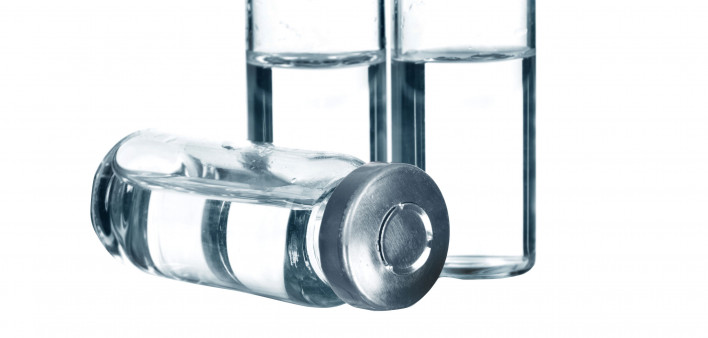An experimental vaccine regimen did not protect young women from acquiring HIV in a large study in sub-Saharan Africa, adding to a long string of disappointments in HIV vaccine research.
The Imbokodo trial tested a primer vaccine dubbed Ad26.Mos4.HIV that uses an adenovirus vector similar to the one used in the Johnson & Johnson COVID-19 vaccine. It delivers a computer-designed mosaic of antigens from multiple HIV strains. This is followed by a second vaccine containing HIV envelope proteins.
Started in 2017, the study recruited more than 2,600 young women at high risk for HIV. They were randomly assigned to receive six vaccine or placebo shots over the course of a year. In an analysis two years after the first dose, 51 participants who received the vaccine regimen and 63 of those who received the placebo injections acquired HIV. The vaccine reduced the risk of HIV infection by just 25%—far below the 50% effectiveness threshold researchers were aiming for.
This is the second HIV vaccine trial failure in two years. Only one large study, the Mosaico trial, is still underway, testing a similar vaccine regimen in gay and bisexual men and transgender women.
“The development of a safe and effective vaccine to prevent HIV infection has proven to be a formidable scientific challenge,” says National Institutes of Allergy and Infectious Diseases director Anthony Fauci, MD. “Although this is certainly not the study outcome for which we had hoped, we must apply the knowledge learned from the Imbokodo trial and continue our efforts to find a vaccine that will be protective against HIV.”







Comments
Comments